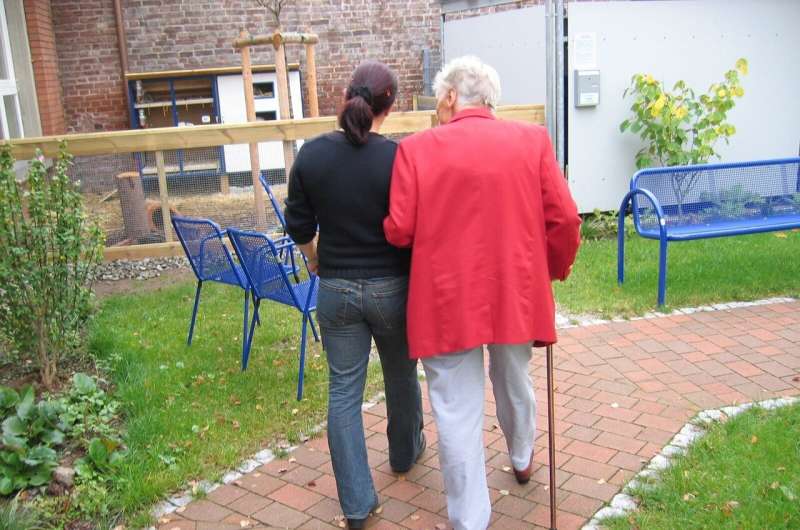Effective Health Strategies to Combat Loneliness Among Retirement Village Residents

A new study highlights the importance of holistic health interventions in reducing loneliness among residents of retirement villages, promoting better mental and social well-being for older adults.
Recent research conducted by Bolton Clarke Research Institute and Monash University emphasizes the importance of targeted, comprehensive health and well-being interventions to address loneliness in retirement villages. The study, published in BMC Geriatrics, analyzed survey data from 1,178 residents across 24 retirement communities, revealing that nearly 20% of participants experienced feelings of loneliness. Factors contributing to loneliness included low mood, living alone, cognitive decline, pain, recent falls, or hospitalization. Notably, residents living alone—comprising nearly 60% of the sample—had a quarter reporting loneliness, highlighting the challenges faced by solo dwellers.
Encouragingly, residents who had been living in their community for over a year were only half as likely to experience loneliness compared to newcomers. Pain, falls, and memory issues increased the risk, often correlating with poorer health outcomes. As Georgina Johnstone from Bolton Clarke suggested, understanding residents’ transitions into retirement living and providing focused orientation and support during initial occupancy could significantly enhance residents' social well-being.
Research also points to the importance of supporting residents' physical health through programs that prevent falls and promote cognitive health, which can help reduce loneliness and foster more meaningful engagement. Creating community hubs within villages, designing spaces that encourage social interaction, and considering models like social prescribing—connecting residents with non-clinical services—are additional strategies to improve health and social outcomes.
Judy Lowthian from Monash University stressed that loneliness is a growing public health concern affecting up to 1 in 4 older Australians. Recognizing risk factors and implementing targeted programs are vital for promoting holistic health and social integration among seniors. Overall, these findings underscore the critical need for comprehensive, personalized interventions in retirement communities to support positive aging and mental well-being.
Source: https://medicalxpress.com/news/2025-07-health-interventions-key-loneliness-village.html
Stay Updated with Mia's Feed
Get the latest health & wellness insights delivered straight to your inbox.
Related Articles
Avoidance of Negative Feedback in Teenage Girls Linked to Increased Anxiety: New Study Insights
A groundbreaking study links teenage girls' avoidance of negative social feedback to higher anxiety levels over time, challenging previous assumptions about attention patterns and mental health risk factors.
Innovative Personalized Brain Stimulation Offers Hope for Depression Treatment
Researchers at QIMR Berghofer have developed personalized transcranial magnetic stimulation (TMS) therapy for depression, demonstrating significant improvements in patient outcomes by tailoring treatment based on individual brain scans.



